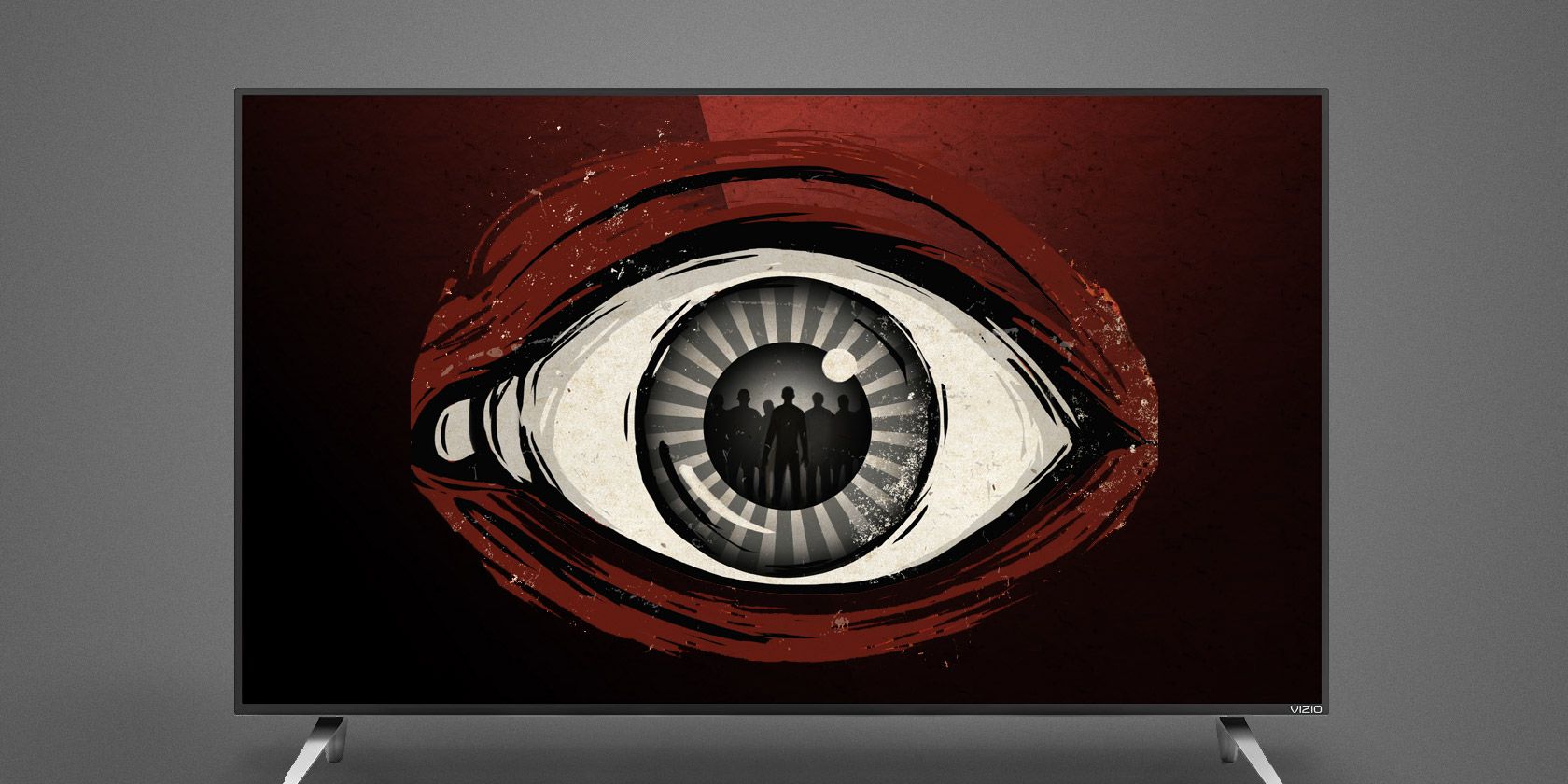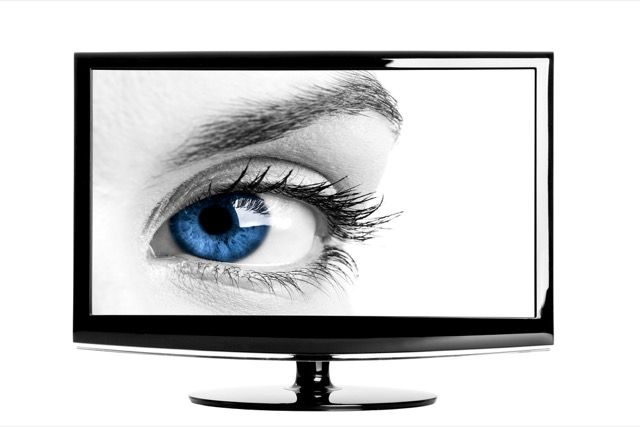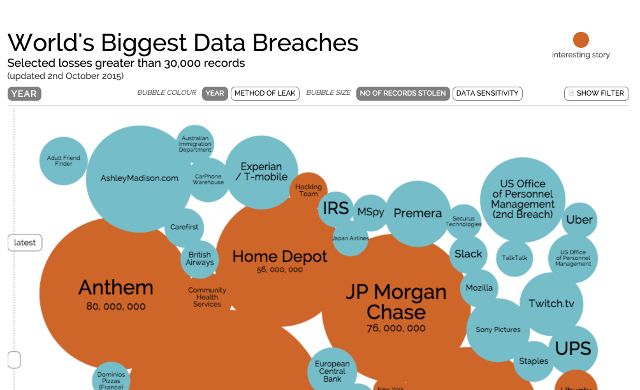Would you be worried if you knew that hackers could compromise your TV, your thermostat, or your lights? Open your garage door? Turn off your security system? What about if they were watching you through your smart cameras? That idea should make everyone very uncomfortable.
Worryingly, hackers may not be the only group you have to be concerned about. The companies who make your smart home devices are watching you, too. A recent Ars Technica article detailed how Vizio smart TVs are capturing information about you and transmitting it back to Vizio without telling you about it. Is this something you should be worried about?
The TV is Watching You
According to Ars, Vizio's "smart interactivity" feature is turned on by default in over 10 million smart TVs, and this feature collects data on your viewing habits and sends them back to Vizio. This might not be surprising, considering how many of your daily activities are tracked, but Vizio is selling this information to advertisers who can then present ads to you on your other devices, like your computer and your cell phone.
By connecting your viewing habits with your IP address, and your IP address to hundreds or thousands of other pieces of information provided by companies like Experian, advertisers now have even more information that they can use for presenting targeted ads on all of your devices.
Interestingly, cable and satellite TV providers are legally prohibited from selling this type of information; but because Vizio doesn't fall into either of these categories, it can continue doing whatever it wants to with your data. And they'll keep doing it unless you opt out of the service (you can see how to do that on Vizio's site).
What Other Devices are Monitoring You?
Vizio isn't the only brand of smart TV that's been brought up in the discussion of privacy. Samsung's voice-controlled smart TVs transmit your voice data to a third party, and Samsung states in their privacy policy that they're "not responsible for these providers’ privacy or security practices." That's very worrying. But consumer monitoring isn't limited to your TV.
The Amazon Echo (our review) is one of the devices that has smart home privacy advocates talking a lot - after saying the "wake" word, you can talk to the device and it will do things like find information for you online or help you order things from Amazon. But because it's always listening for the wake word, it's also always listening to everything else you say. And there's no way to know what's being recorded. It's a safe bet that, at the very least, everything you ask the Echo will be stored and analyzed.
Google Now, Siri, and Cortana are listening to you, too, especially if you use the "OK, Google," "Hey, Siri," or "Hey, Cortana" voice activation features. If your phone is listening for the activation phrase, that means it's always listening. Google is definitely keeping very detailed records on you; you can even log into your Google account and see all of the Google Now requests you've made on your Google Now history page. That's how easy it is to access that data (and that doesn't even cover your full search history records). How much else are they recording? We don't really know.
Insurers are now partnering with smart home device makers to monitor the events in your house to verify claims or change your insurance rates, much like they currently do with automobiles. Canary is one of the companies sending data to insurance companies, and other security systems will like follow suit. Nest has partnered with insurance companies, and its voice control features mean it's listening to what you say. USAA has patented a data recorder that transmits information on weather, vibrations, and electrical systems to help the company predict the likelihood of future damage to a home.
Where will it end?
Should You Be Worried?
The answer to this question depends largely on how much you trust companies with your data. Aral Balkan, founder of the ind.ie project, pointed out that Samsung manufactures not just phones and TVs, but also military and police equipment, meaning that the company has a close relationship with some of the groups that we're nervous about being monitored by.
And with big data leaks still fresh in recent memory, such as those from Experian / T-Mobile, Home Depot, JP Morgan Chase, Anthem, and Target, it's easy to see why you might not want a technology manufacturer storing information like this on their servers. Even if you trust Samsung or Vizio, it's likely that your information is being passed to third parties for transcription or other analysis. And who knows what their security standards are?
In a world where we are increasingly valuable for the data we provide, companies are going to continue monitoring our actions and thoughts as closely as they can in order to monetize us as customers. Whether you're okay with this or not may largely shape your views on smart home devices being used to monitor homeowners.
What do you think? Should we be worried about companies monitoring our activities through our smart home devices? Should they be forced to tell us up front about these sorts of things? Or does the responsibility lie with the user? Share your thoughts below so we can talk about it!
Image credits: iko via Shutterstock.com, Information is Beautiful.



